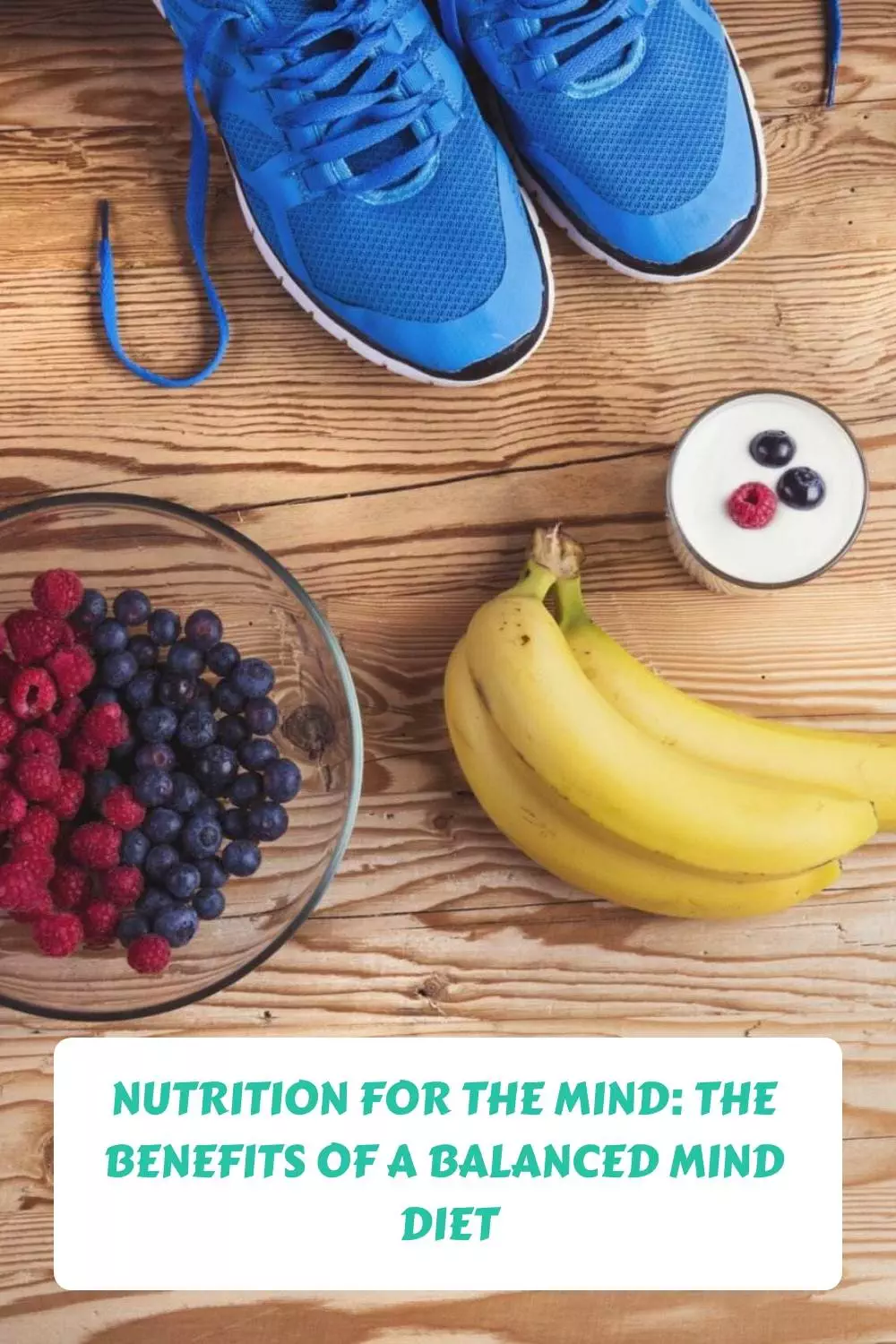
Nutrition for the Mind: The Benefits of a Balanced Mind Diet
The mind is just as important as the body when it comes to maintaining overall health and wellness. Just like we need to eat nutritious foods that provide our bodies with essential vitamins, minerals, and other nutrients, our minds also require nourishment in order to function at their best. This is where the concept of a “mind diet” comes into play.
What Is a Mind Diet?
A mind diet refers to an eating plan that has been specifically designed to promote better mental health outcomes. It involves consuming certain types of foods that have been shown to improve cognitive function, reduce inflammation, and protect against age-related decline in brain function. A balanced mind diet typically includes plenty of fruits, vegetables, whole grains, lean proteins, and healthy fats while limiting or avoiding processed foods, sugary drinks, and highly refined carbohydrates.

Benefits of a Balanced Mind Diet
Research suggests that following a mind diet can offer numerous benefits for both physical and mental health. For example, studies have linked a diet high in plant-based foods with lower rates of depression, anxiety, and other mood disorders. Additionally, consuming more omega-3 fatty acids, which are found in fish and some plants, may help improve memory and cognitive function. Other potential benefits of a balanced mind diet include reduced risk of heart disease, stroke, and certain types of cancer.
Mind Diet Recipes
While there’s no one-size-fits-all approach to a mind diet, here are a few recipe ideas to get you started:
1. Quinoa Salad with Avocado and Cherry Tomatoes – In a large bowl, mix together cooked quinoa, diced avocado, cherry tomatoes, chopped cilantro, and lime juice. Top with sliced almonds for added crunch.
2. Grilled Salmon with Roasted Veggies – Season grilled salmon fillets with salt and pepper before placing them on a hot grill. While the fish cooks, roast a variety of veggies (such as bell peppers, zucchini, and eggplant) in the oven with olive oil and garlic. Serve everything together with a side of brown rice or quinoa.
3. Chickpea Curry over Cauliflower Rice – Cook chickpeas according to package instructions before adding them to a simmering curry sauce made from coconut milk, spices, and your choice of protein (such as chicken or shrimp). Serve over cauliflower rice for a low-carb twist on traditional Indian cuisine.
Tips for Following the Mind Diet
Here are a few tips for incorporating a balanced mind diet into your daily routine:
1. Start small by making one or two changes at a time rather than trying to overhaul your entire diet all at once.
2. Shop the perimeter of the grocery store, focusing on fresh produce, lean meats, and whole grains instead of packaged snacks and convenience foods.
3. Experiment with new recipes and flavor combinations to keep things interesting and ensure that you’re getting a wide range of nutrients.
4. Don’t forget about exercise! Regular physical activity has been linked to improved brain function and can help offset the effects of aging on cognitive abilities.
Conclusion
Following a balanced mind diet can offer many potential benefits for both physical and mental health. By consuming a variety of nutrient-dense foods and avoiding highly processed junk, you can support optimal brain function and reduce your risk of chronic diseases. So why not give it a try today? Your mind (and body!) will thank you for it.

